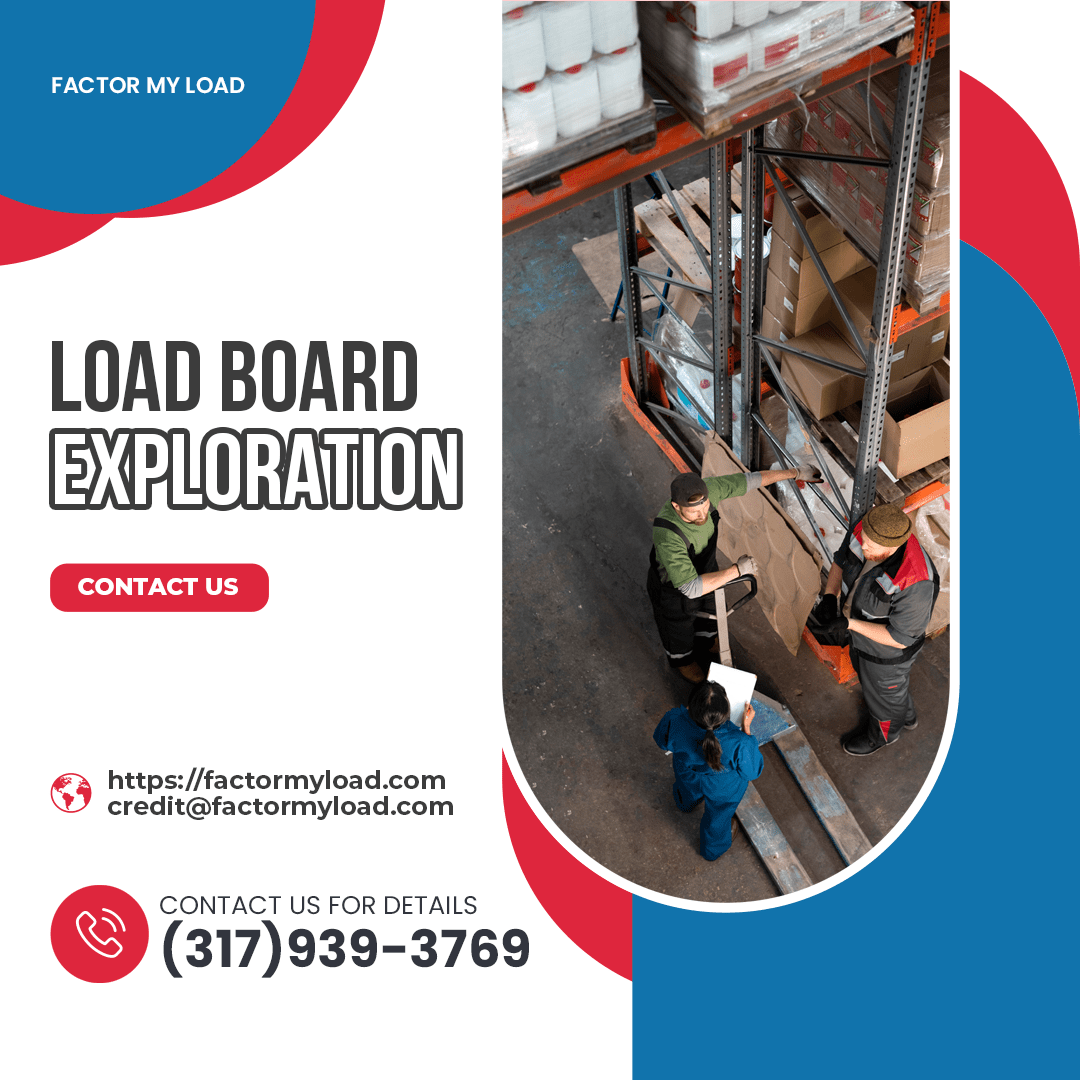Load Board Exploration: A Guide to the Different Types

Efficiency is critical in today’s fast-paced logistics sector. Shippers and carriers continuously seek methods to improve efficiency, save costs, and increase profitability. The load board is one tool that has proved indispensable in achieving these objectives. Load boards connect shippers and carriers, allowing them to swiftly and conveniently discover and book freight. Not all load boards, however, are created equal. In this blog post, we’ll look at the many types of load boards on the market and how they might help your business.
Open Load Boards
The most popular and commonly used type of load board is the public load board. They are a popular option for shippers and carriers because they are available to anybody in the transportation industry. Users can post and search for available loads and vehicles on public load boards, primarily web-based platforms.
Advantages:
- Accessibility: Because public load boards are open to anyone, it is simple for new carriers and shippers to get involved.
- Load Variety: These boards often have various possible loads from various industries and geographies.
- Economical: Because many public load boards provide free basic memberships, they are a cheap solution for small enterprises.
Disadvantages:
- Competition: Because public load boards are open to everyone, there might be fierce competition for available loads.
- Listing Quality: The load and truck posting quality can vary, sometimes resulting in mistakes or obsolete information.
Individual Load Boards
Private load boards, as the name implies, are restricted to a small group of users. Typically, these forums are run by transportation corporations, freight brokers, or industry associations. Access to private load boards is restricted, and users frequently must join via invitation or membership.
Advantages:
- Quality Listings: Because they are generally managed by respected organizations, private load boards offer more accurate and up-to-date listings.
- Less rivalry: Because there is less rivalry for available cargo due to limited access, carriers may get bookings more efficiently.
- Tailored to Specific Niches: Some private load boards specialize in specific areas or industries, offering specialized opportunities.
Disadvantages:
- Limited Access: Shippers and carriers may only have limited possibilities if they can access private load boards.
- Tailored to specific needs: Some private load boards may charge Transaction or membership fees, raising the total price.
Load Boards for Spot Markets
Spot market load boards are intended for last-minute or on-demand freight reservations. They serve shippers who need to transport their goods fast and carriers who need to fill empty vehicles. Short-term contracts and one-time transactions are standard on spot market load boards.
Advantages
- Quick Bookings: Spot market load boards are great for immediate freight needs, allowing shippers to discover available carriers quickly.
- Price Flexibility: Spot market prices might change, allowing carriers to negotiate favorable rates.
Disadvantages
- Limited Predictability: Because they focus on short-term, one-time shipments, spot market load boards are not ideal for long-term planning.
- Pricing Volatility: Spot market prices can be volatile and are not always favorable to carriers.
Load Boards for Contracts
Contract load boards are designed to foster long-term relationships between shippers and carriers. These boards make creating dedicated freight contracts that can last weeks, months, or even years easier. Contract load boards provide the shipping process’s stability and consistency.
Advantages
- Predictable business: Because they have continuous agreements with shippers, carriers on contract load boards can count on consistent business and income.
- Less Administrative Work: Long-term contracts eliminate the necessity for ongoing load searching and bargaining.
Disadvantages:
- Limited Flexibility: Because carriers are committed to specific contracts, they may need more flexibility in selecting their desired loads.
- Contract Disputes: Contract disputes can lead to issues that require legal solutions.
Conclusion
Load boards exist in various shapes and sizes, each catering to a different requirement in the transportation business. The public, private, spot market and contract load boards have advantages and disadvantages, making them appropriate for other circumstances and business structures.
Consider your organization’s long-term goals, budget, and operational preferences when choosing the right load board. Many logistics experts have found success by combining load board types to streamline their freight operations and remain competitive in a volatile sector. Finally, the appropriate load board can help your organization develop by linking you with the right logistical partners and prospects.
